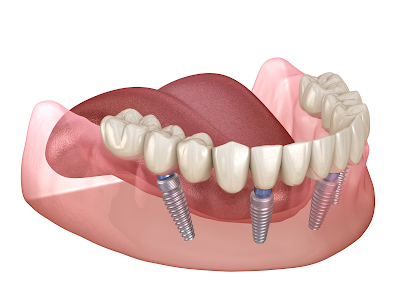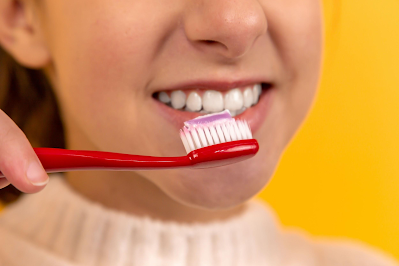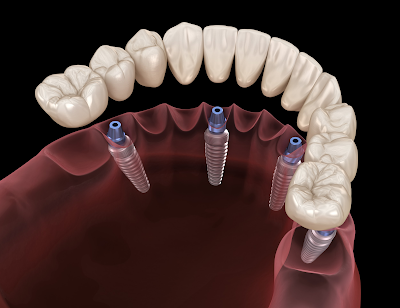Root Canal vs Dental Implants

Root canal A root canal is a medical procedure done when a tooth root has been damaged by trauma or decay. The dentist numbs the tooth and creates a crown opening to access the pulp layer. The infection is cleaned out, and any unhealthy pulp is removed to prepare the tooth for the filler. Permanent fillers are placed in the canals to prevent further disease or contamination. Benefits of a root canal: One doesn't lose their natural tooth The patient maintains their original tooth. The patient may require a crown to fix significant decay. However, one will still have part of the original crown structure to attach to. It's an affordable procedure Compared to dental implants, a root canal is way cheaper. Dental insurance also often cover root canals and crown placement. The treatment time is less A root canal takes less time than a dental implant. All a patient needs is one or two appointments with the dentist and then wait a short period to get a permanent crown. Co...




